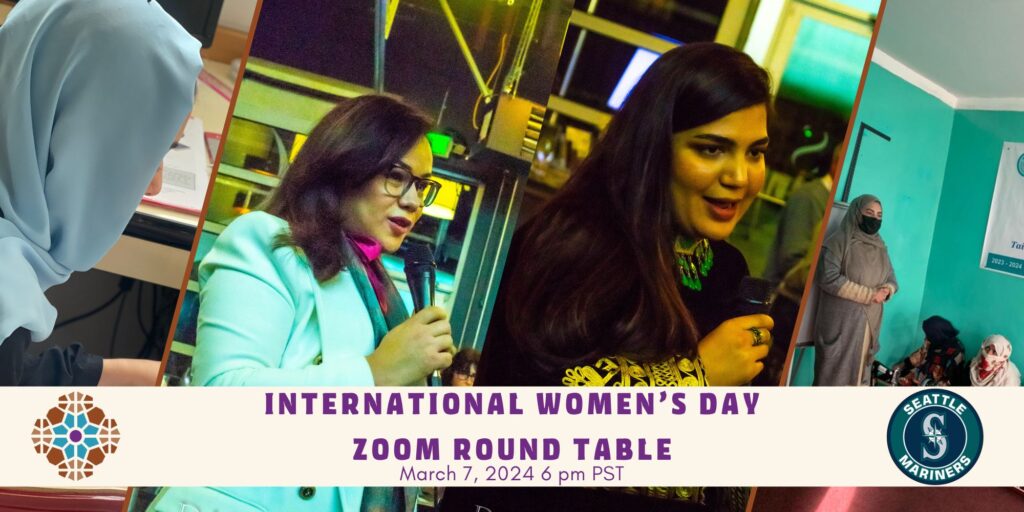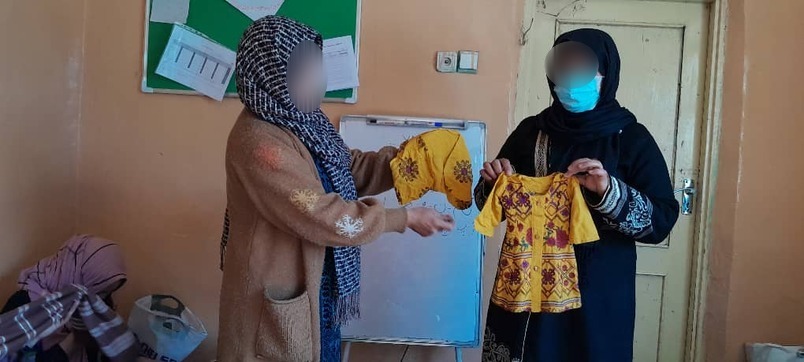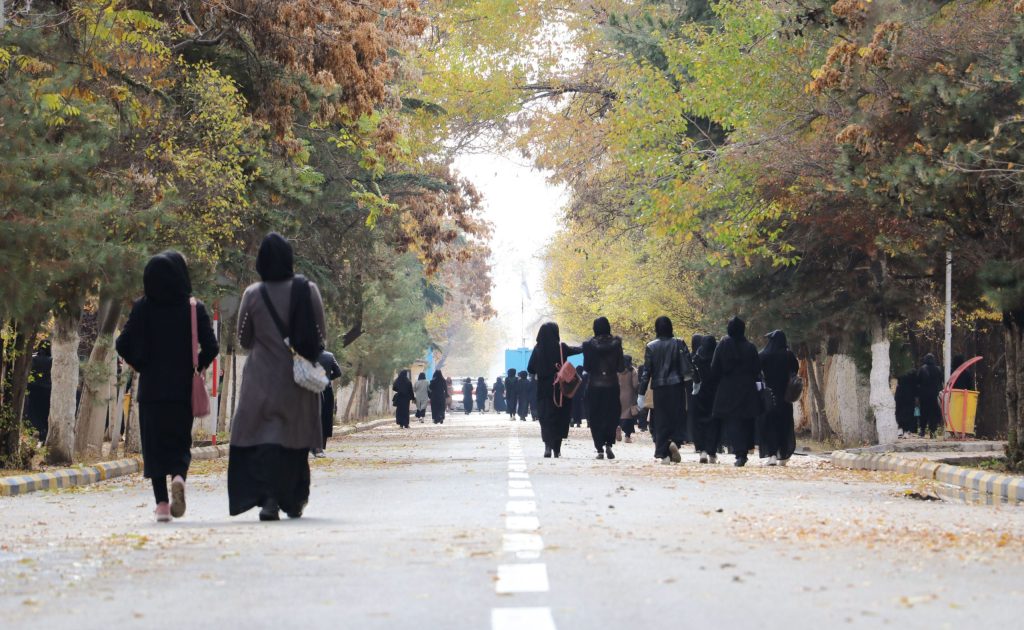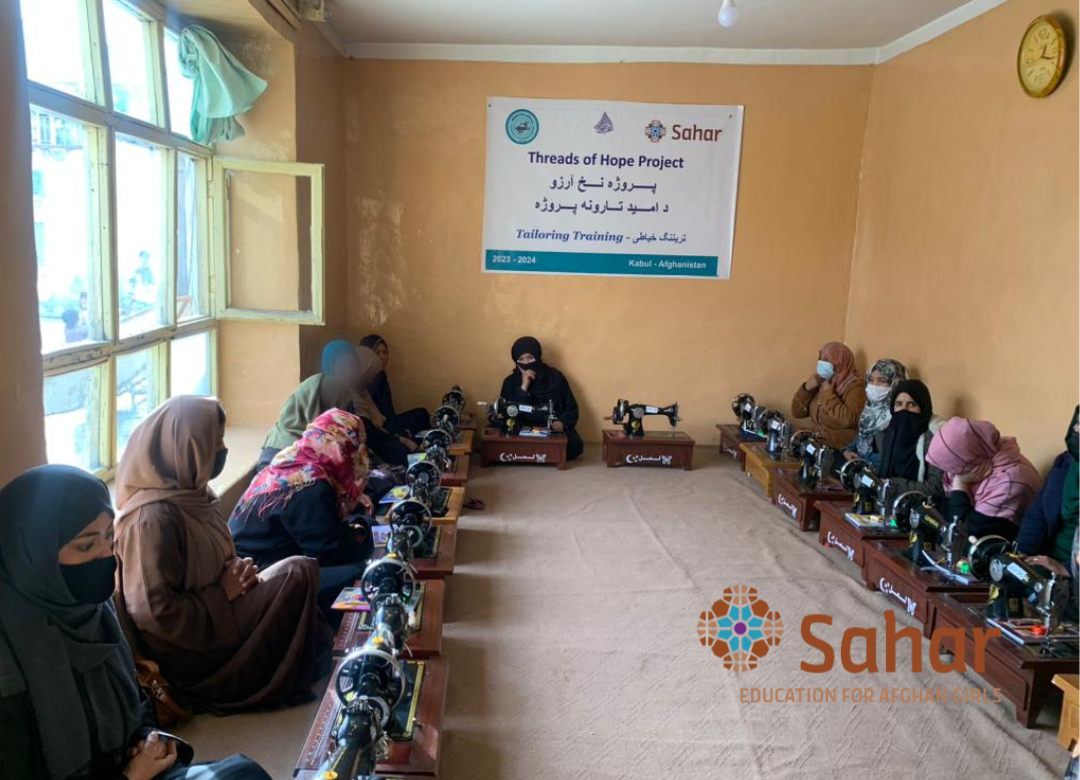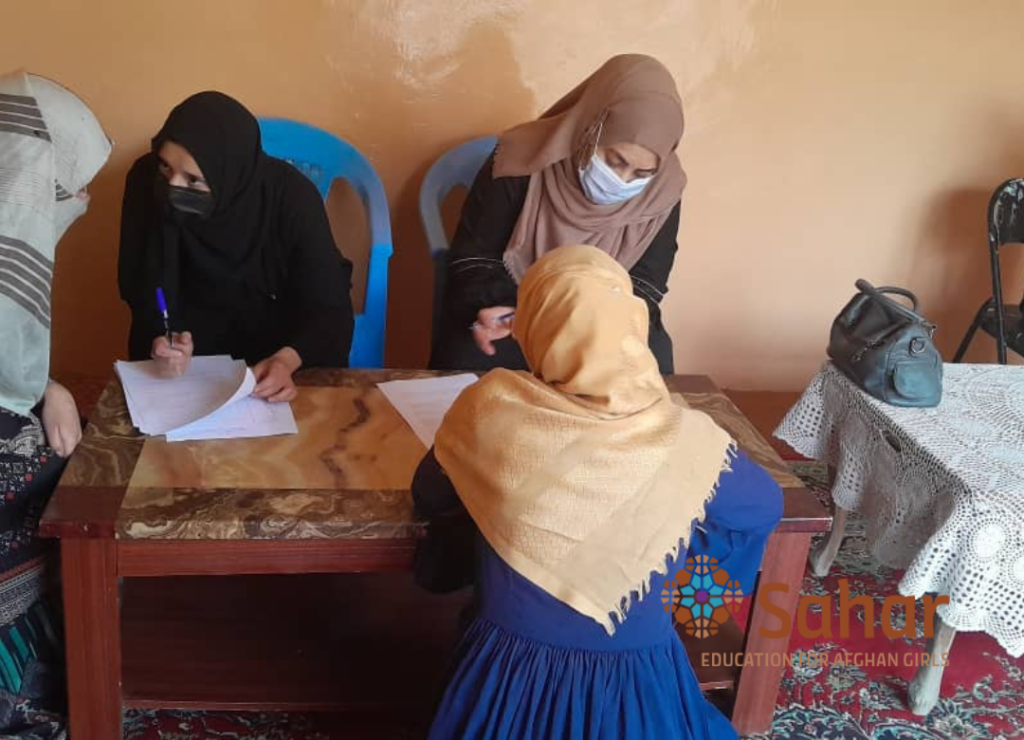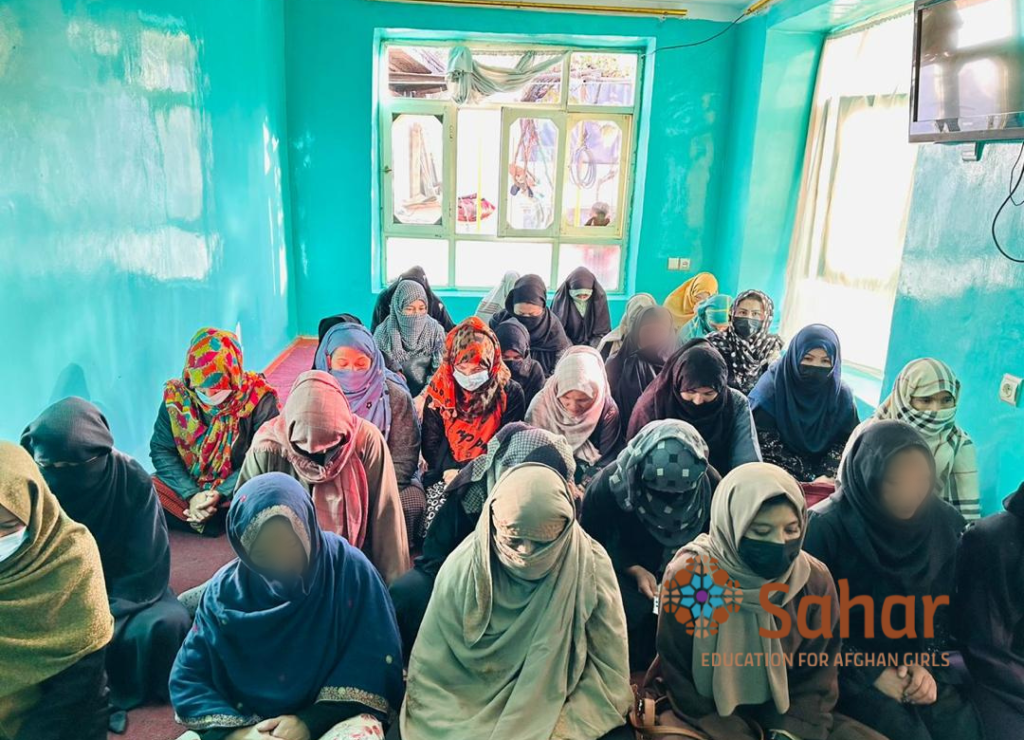In the heart of Kabul, a transformative program called Threads of Hope has been weaving a tapestry of empowerment and education for women who, until now, have been left in the shadows of society. These women, all over the age of 25 and coming from impoverished communities, embarked on a journey 15 weeks ago that promised to not only teach them valuable skills but also to illuminate the path to self-reliance and awareness.
Health and Empowerment: A Foundation for Growth
The Threads of Hope program is not merely about learning to sew; it’s a holistic approach to education. Over the last 15 weeks, participants have delved into crucial health workshops covering a broad spectrum of topics from reproductive health and menstruation hygiene to mental health and anger management. These sessions offer more than just information; they provide life-changing insights and tools for managing one’s health and well-being.
The program has placed a strong emphasis on women’s empowerment, tackling issues like early marriage and domestic violence through open discussions and shared experiences. It’s a space where stories of early marriage, often a silent burden carried by many of the participants, are brought to light. One student’s revelation about leadership within the household sparked conversations about women’s roles beyond traditional expectations, challenging norms and encouraging new perspectives on what it means to be a leader.
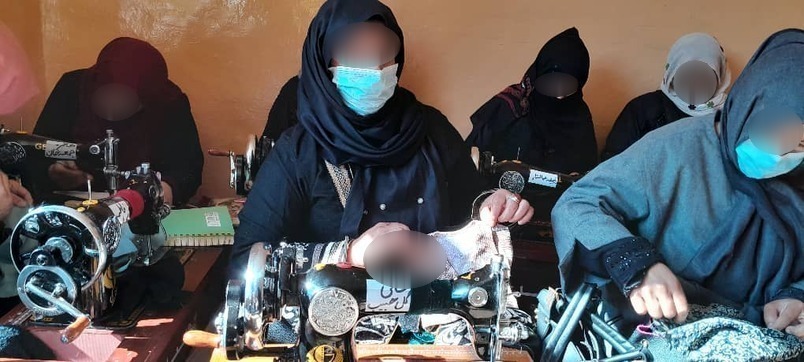
Tailoring Success: More Than Just Stitches
The tailoring classes offered by Threads of Hope have been a cornerstone of practical achievement. Participants have mastered the art of cutting fabric, sewing without errors, and even using a sewing machine with proficiency. This skill set has already enabled some to start their own small businesses, sewing dresses for others, and thus contributing to their families’ incomes. The sense of pride and accomplishment that comes from creating something with one’s own hands cannot be understated; it’s a powerful testament to their growth and independence.
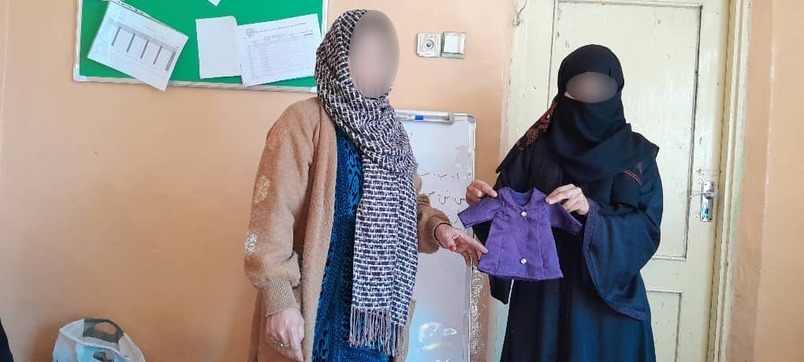
The Power of Literacy
Beyond the threads and needles, the program has opened the doors to literacy for these women. Starting from the basics of the Faris alphabet to simple mathematics, they have embarked on a journey of discovery. Being able to read signs, write their names, and engage with the world through written words is a newfound freedom. It’s a tool that not only empowers them in their daily lives but also lays the foundation for lifelong learning and curiosity.
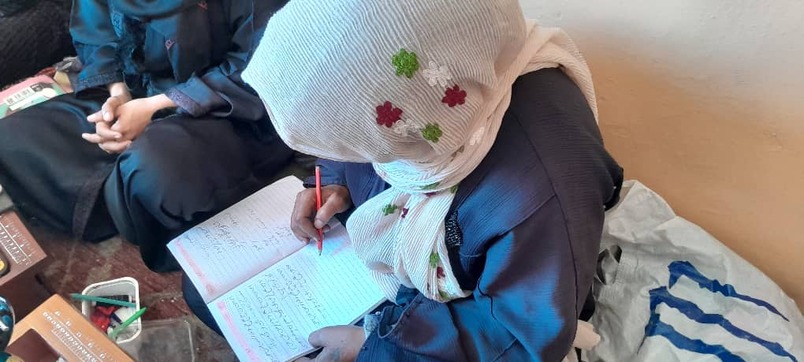
A New Horizon
The transformation witnessed over the first 15 weeks of the Threads of Hope program is profound. Women, who once saw themselves as confined to the roles of housewives, now stand as beacons of change and empowerment within their communities. Their journeys from uncertainty to confidence, from ignorance to awareness, and from dependency to self-reliance are inspiring.
At the completion of this program, each woman will be gifted a sewing machine, a symbol of their journey, and a tool for their future. Yet, the true gift they receive is immeasurable: education, empowerment, and a sense of purpose. These are the threads that will continue to weave through their lives, their families, and their communities, bringing hope and change to the fabric of society.
Threads of Hope is more than a program; it’s a movement. It’s a testament to the power of education and empowerment, proving that with the right support, women can overcome barriers and redefine their destinies. The journey of these women in Kabul is just the beginning. The hope, skills, and confidence they’ve gained will ripple through generations, weaving a brighter future for all.
Interested to learn more?
Register for the FREE International Women’s Day Zoom Round Table to hear from Threads of Hope Program Manager, Maryam.
